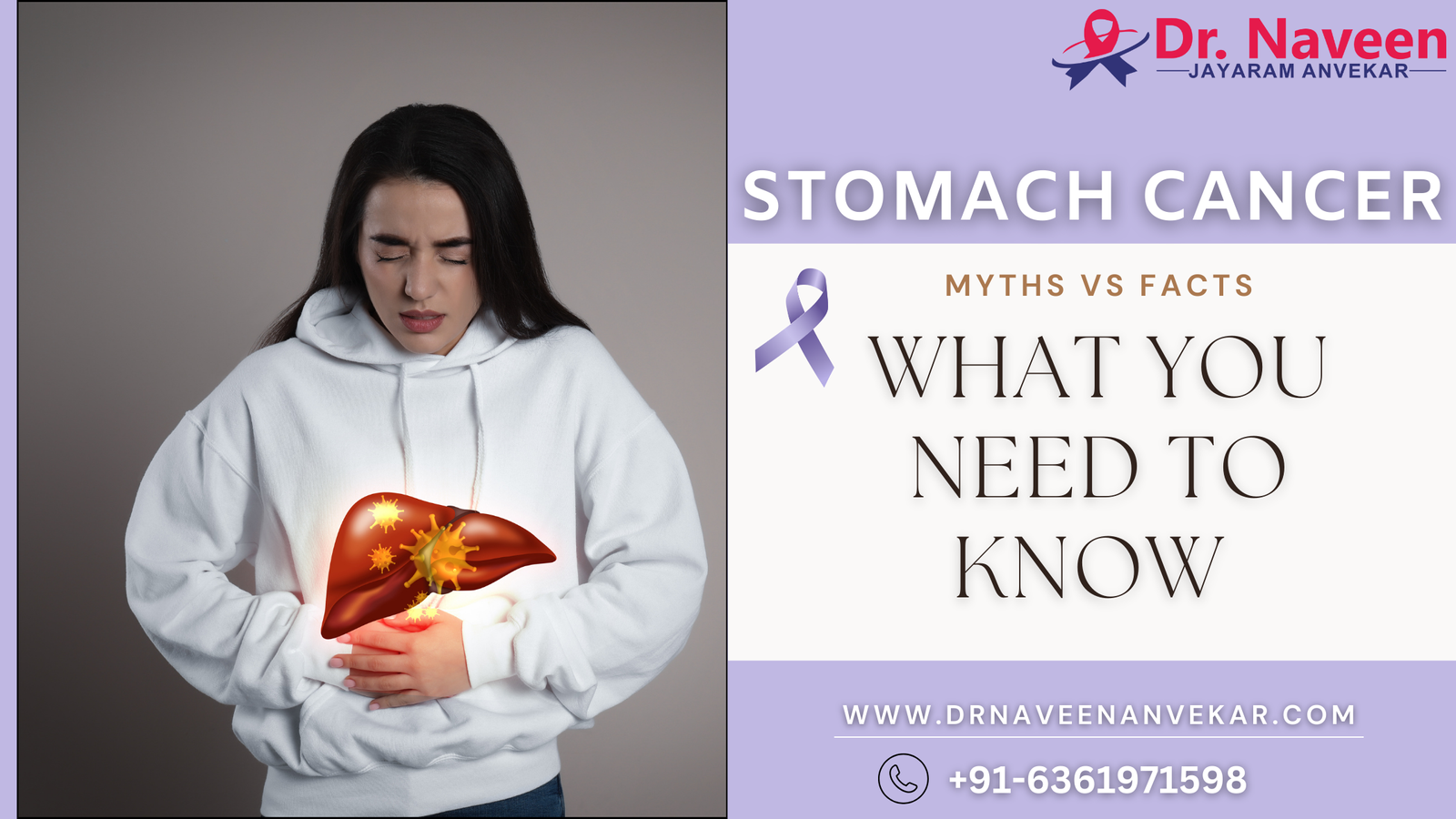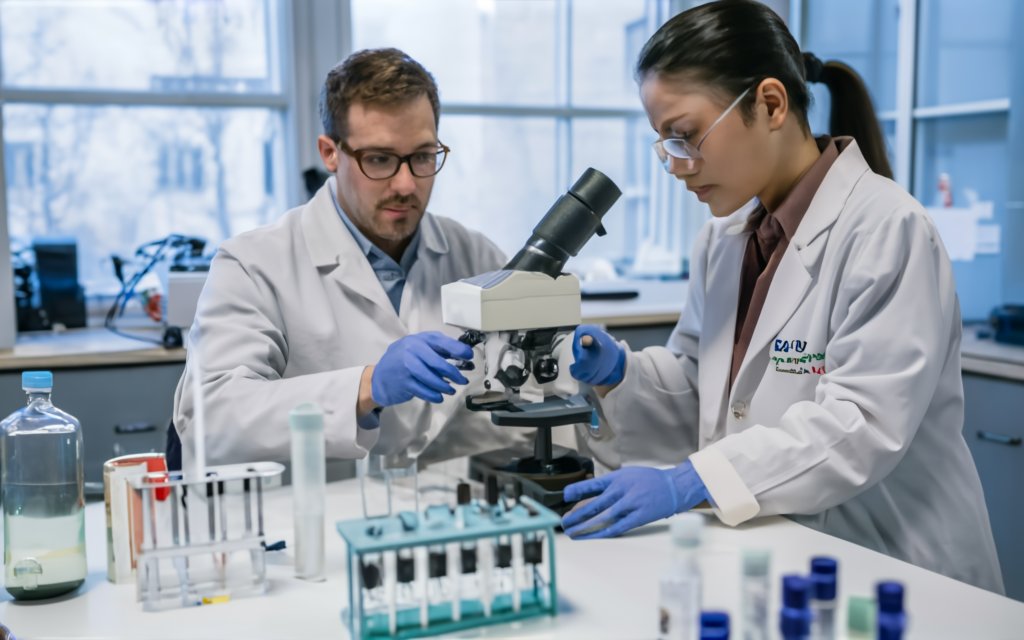.png)
Early Detection of Colon Cancer: Why It Could Save Your Life
Introduction
Colon cancer, also known as colorectal cancer, develops in the large intestine or rectum. It often begins as noncancerous polyps that gradually turn into malignant tumours.
Risk factors include age, family history, inflammatory bowel disease, and lifestyle habits such as poor diet and lack of exercise. The disease progresses in stages, starting from localized polyps to advanced cancer that spreads to other organs.
While anyone can develop Colon cancer, regular screening and early intervention dramatically reduce the risks and improve outcomes.
Common Symptoms and Risk Factors
Recognizing early symptoms of colon cancer can make a crucial difference. Best Colon Cancer Doctor in Mysore. Some common signs include:
- Changes in bowel habits (constipation or diarrhoea)
- Blood in stool or rectal bleeding
- Persistent abdominal discomfort
- Sudden weight loss
- Unexplained fatigue
Risk factors for colon cancer include:
- Age over 50
- Family history of colorectal cancer
- A diet high in processed foods and low in fibre
- Obesity and a sedentary lifestyle
- Smoking and excessive alcohol consumption
If you experience persistent symptoms, consult a doctor immediately.
Screening Methods for Early Detection
Early detection is possible through various screening methods:
Colonoscopy (Recommended every 10 years for adults over 45)
A flexible tube with a camera is inserted into the colon to check for polyps or tumors. This is the most effective screening method.
Fecal Occult Blood Test (FOBT) & Fecal Immunochemical Test (FIT) (Annually)
These tests detect hidden blood in stool, a possible sign of colon cancer.
CT Colonography (Every 5 years)
A non-invasive imaging test that provides detailed images of the colon.
Stool DNA Test (Every 1-3 years)
Detects DNA mutations linked to colon cancer.
Consult a healthcare provider to determine the best screening option based on your risk factors.
How Early Detection Improves Survival Rates
Colon cancer is highly treatable when detected early. The five-year survival rate is approximately 90% for localized cases but drops significantly once the cancer spreads.
Routine screening can:
- Detect cancer before symptoms arise
- Allow for less invasive treatment options
- Improve long-term survival rates
- Reduce overall healthcare costs by preventing advanced disease
Preventative Measures and Lifestyle Changes
Taking proactive steps can lower your risk of developing colon cancer:
- Eat a fiber-rich diet: Include fruits, vegetables, and whole grains.
- Exercise regularly: Aim for at least 30 minutes of physical activity daily.
- Limit red and processed meats: Reduce intake of processed foods.
- Avoid smoking and excessive alcohol consumption.
- Maintain a healthy weight: Obesity increases colon cancer risk.
Conclusion
Colon cancer is preventable and treatable, especially when detected early. Screening tests are widely available and can save lives by catching the disease before it advances.
Don't wait for symptoms to appear—speak to your doctor about the best screening plan for you. Best Cancer Doctor in Mysore . Making simple lifestyle changes can further reduce your risk and promote overall well-being.
FAQ
1. At what age should I start colon cancer screening?
Screening is recommended starting at age 45, but earlier if you have a family history or other risk factors.
2. How often should I get screened?
It depends on the type of test. Colonoscopies are recommended every 10 years, while stool-based tests should be done annually.
3. Can colon cancer be prevented?
While not always preventable, a healthy diet, regular exercise, and avoiding smoking can significantly reduce the risk.
4. What is the most accurate test for colon cancer?
Colonoscopy is considered the gold standard for detecting colon cancer and removing polyps before they turn cancerous.
5. Are colon cancer screenings covered by insurance?
Most insurance plans cover screenings, especially for individuals over 45 or those with high-risk factors. Check with your provider for details.

.png)
.png)
.png)
.png)
.png)

.png)
.png)
.png)



.png)
.png)
.png)

.jpg)
